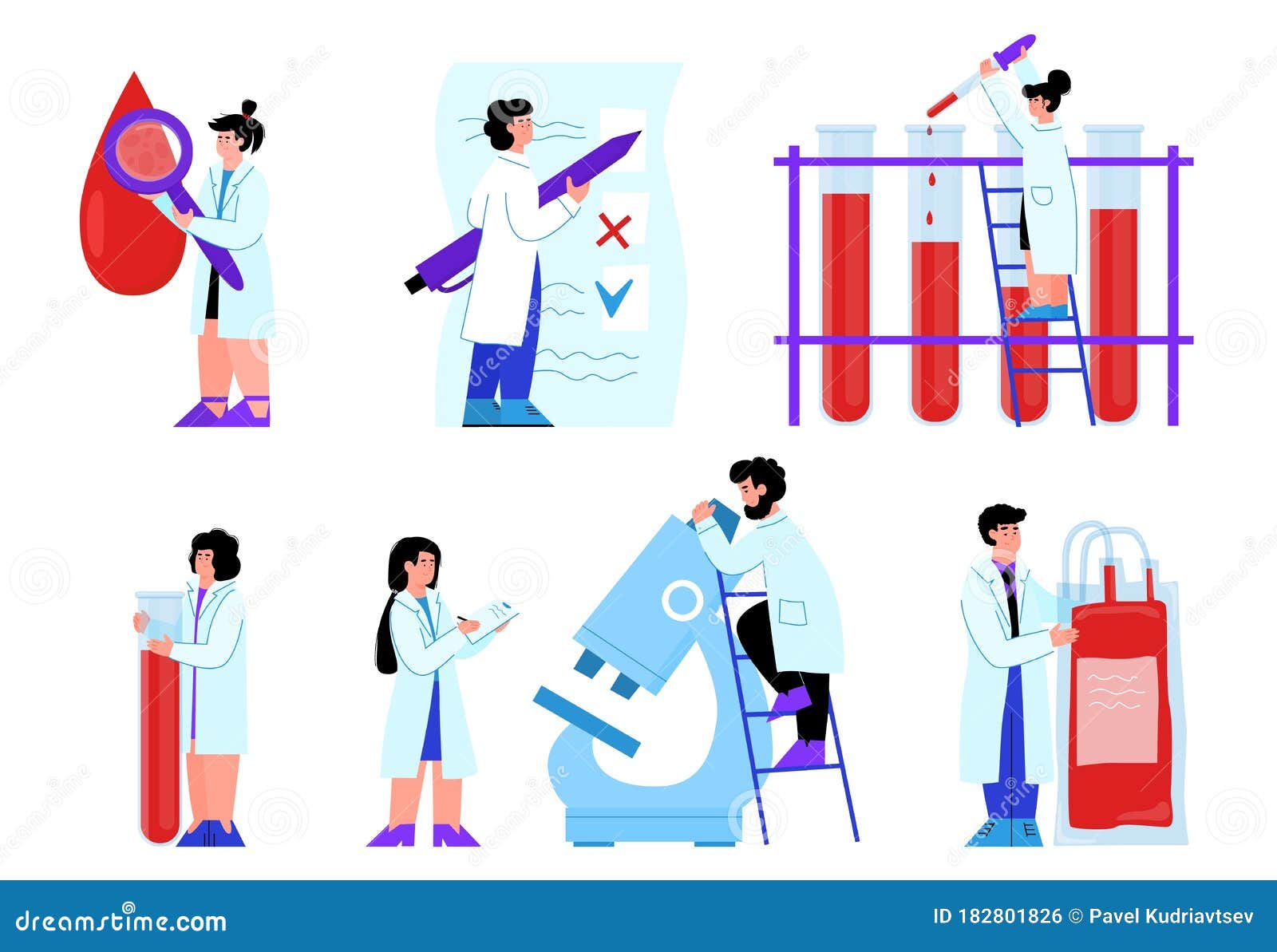The health of pets is a top priority, and ensuring their well-being starts with health checks. Veterinary laboratories are pillars of modern pet care in guiding treatment plans for domestic pets.
In this guide, we’ll delve into the benefits of testing for dogs and cats and outline essential tests.
How Do Veterinary Laboratories Work?
Pet testing services focus on testing for evaluating pet health. They provide critical insights to develop effective treatments.

How tests are conducted usually includes:
- Gathering biological samples: Biological materials are prepared for analysis.
- Testing procedures: Specialized tools and methods conduct the tests.
- Analyzing findings: Information helps manage health for your pet’s benefit.
Key Diagnostics for Pet Health
Veterinary labs offer many tests to manage chronic problems. Routine diagnostics include:
- Blood analysis: Provide an overall health picture.
- Urine diagnostics: Ensure bladder health.
- Stool testing: Detect worms or parasites.
- Allergy panels: Identify irritants.
- Advanced imaging tests: Check internal organs.
laboratorio veterinario abc
laboratorio de analises clinicas veterinariasexames laboratoriais veterinários
How Testing Supports Pet Health
Routine diagnostics supports proactive health management. By addressing concerns promptly, you save on emergency costs.

Additional benefits include:
- Proactive care: Health problems are minimized.
- Avoiding costly emergencies: Small problems are treated before they escalate.
- Trust in their well-being: Feel secure about their health.
Why Testing Matters for Dogs and Cats
Veterinary labs help pets live long, healthy lives. With regular lab evaluations, you catch issues early.
Start their journey to better health today and ensure their happiness and longevity!